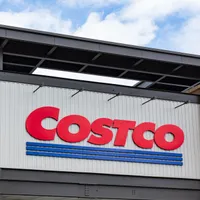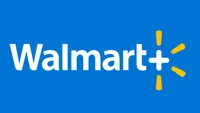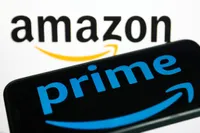How Much Will Gas Prices Go Up After Iran Conflict?
Oil prices jumped after the US strikes on Iran. Should drivers expect prices at the pump to jump, too?

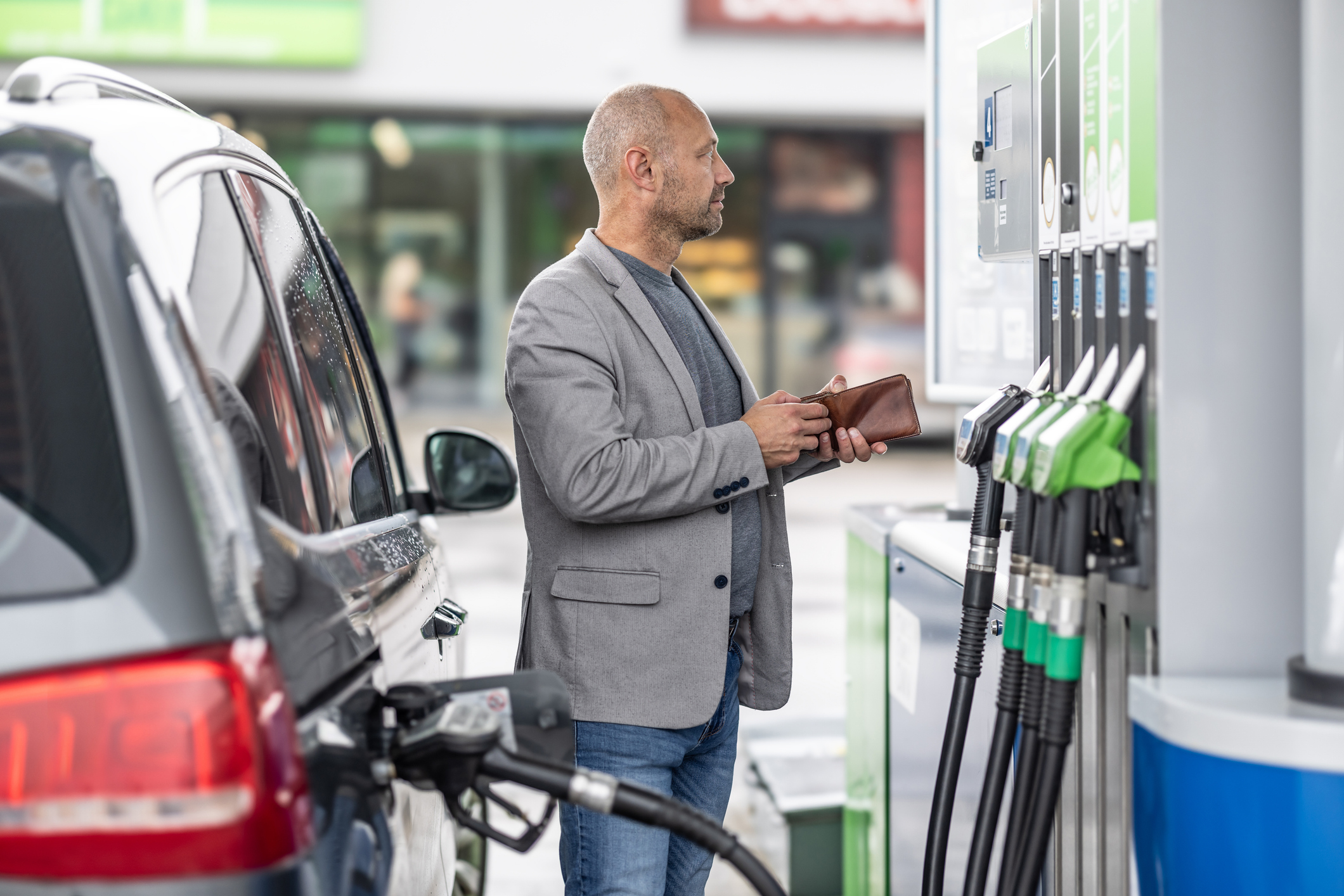
Profit and prosper with the best of Kiplinger's advice on investing, taxes, retirement, personal finance and much more. Delivered daily. Enter your email in the box and click Sign Me Up.
You are now subscribed
Your newsletter sign-up was successful
Want to add more newsletters?

Delivered daily
Kiplinger Today
Profit and prosper with the best of Kiplinger's advice on investing, taxes, retirement, personal finance and much more delivered daily. Smart money moves start here.

Sent five days a week
Kiplinger A Step Ahead
Get practical help to make better financial decisions in your everyday life, from spending to savings on top deals.

Delivered daily
Kiplinger Closing Bell
Get today's biggest financial and investing headlines delivered to your inbox every day the U.S. stock market is open.

Sent twice a week
Kiplinger Adviser Intel
Financial pros across the country share best practices and fresh tactics to preserve and grow your wealth.

Delivered weekly
Kiplinger Tax Tips
Trim your federal and state tax bills with practical tax-planning and tax-cutting strategies.

Sent twice a week
Kiplinger Retirement Tips
Your twice-a-week guide to planning and enjoying a financially secure and richly rewarding retirement

Sent bimonthly.
Kiplinger Adviser Angle
Insights for advisers, wealth managers and other financial professionals.

Sent twice a week
Kiplinger Investing Weekly
Your twice-a-week roundup of promising stocks, funds, companies and industries you should consider, ones you should avoid, and why.

Sent weekly for six weeks
Kiplinger Invest for Retirement
Your step-by-step six-part series on how to invest for retirement, from devising a successful strategy to exactly which investments to choose.
On Saturday night, the United States dropped bombs on three nuclear sites in Iran. By this morning, West Texas Intermediate (WTI) crude oil had jumped to over $73 per barrel, sparking concerns that the intensifying conflict in the Middle East could send prices above $100 per barrel. But how exactly would that energy outlook impact gas prices for drivers in the United States?
It’s complicated, but the short answer is you should brace for a slow but steady rise in gas prices over the summer, with some risk of sudden spikes depending on how Iran responds to the recent attacks from Israel and the United States.
Here’s what you need to know as you budget for this summer, plus some gas saving tips to help you keep costs down no matter what happens in the months ahead.
From just $107.88 $24.99 for Kiplinger Personal Finance
Become a smarter, better informed investor. Subscribe from just $107.88 $24.99, plus get up to 4 Special Issues

Sign up for Kiplinger’s Free Newsletters
Profit and prosper with the best of expert advice on investing, taxes, retirement, personal finance and more - straight to your e-mail.
Profit and prosper with the best of expert advice - straight to your e-mail.
Gas prices are on the rise this summer
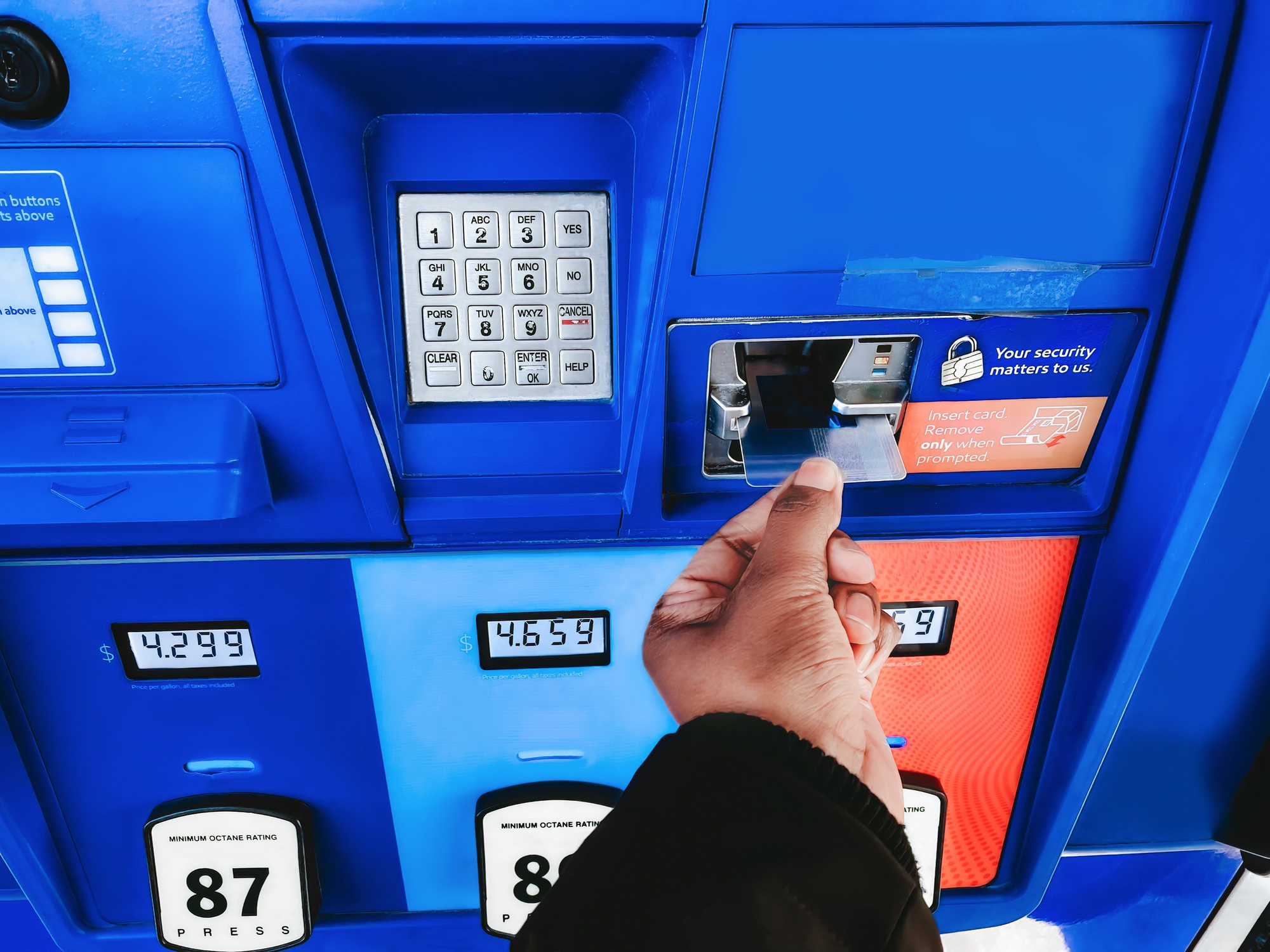
The national average gas price in the United States is $3.22 per gallon, according to the AAA. That’s up about eight cents over last week, but still about 22 cents lower than where it was this same day last year. While what you pay at the pump tends to rise every summer, that effect has been somewhat muted this year because supply currently outweighs demand.
But, between summer travel driving increased demand and the potential for the conflict with Iran to push oil prices higher, some forecasts expect gas prices to rise between seven and 15 cents per gallon this week.
Depending on how Iran responds to this weekend’s attack by the United States, drivers could see an even more painful price hike at the pump. The main concern is whether or not Iran chooses to close the Strait of Hormuz, a narrow waterway that about 20% of the global oil supply must pass through on its way to being exported to countries around the world.
The Iranian parliament has already approved plans to close the key shipping lane, but, according to reporting by Al Jazeera, the bill calling for its closure has not yet been ratified. If it does move ahead with the plan, closing the Strait of Hormuz could push crude oil prices above $100 per barrel – and the longer it remains closed, the longer those prices could remain elevated.
According to the U.S. Energy Information Administration, the price of crude oil accounts for over half the price you pay at the pump. So, oil prices jumping from around $60 to over $100 per barrel would result in a dramatic increase in gas prices as well. But that price increase would only last as long as oil prices remain elevated.
Tips for keeping costs at the pump down
Even without any response at all from Iran, gas prices are still likely to rise slowly but steadily over the rest of the summer, as typical seasonal trends in demand drive prices up.
Your best bet as a consumer is to take advantage of as many discounts as you can to keep the price you pay at the pump as low as possible, regardless of how geopolitical events unfold.
One of the best ways to keep prices down is to take advantage of a shopping membership that offers gas discounts to help you save on gas. Warehouse clubs like Costco or Sam’s Club are well-known for offering gas that’s typically between five and 25 cents per gallon below the local average.
With Costco, if you combine that Costco membership with the store’s branded cash back credit card, you can earn 5% cash back on Costco gas, helping you save even more at the pump.
Stack Social is offering a Gold Star Membership + $20 Digital Shop Card for the price of a $65 Gold Star membership. It is also offering an Executive Gold Star Membership + $40 Shop Card for the price of a $130 Executive Gold Star membership.
If you don’t live close enough to a Costco or Sam’s Club to make that your primary gas station, Amazon and Walmart both offer gas discount perks as well – giving members 10 cents off per gallon at gas stations in their networks.
Just make sure to do the math on how much any membership you get costs and how much you’d save by joining. If you don’t drive often and don’t have any use for the other perks that the membership offers, it might be cheaper to just pay the higher prices at the pump whenever you do need to fill up. Just use a cash back or travel rewards credit card when you do so you can earn elevated rewards on those higher prices.
A Walmart Plus membership costs $12.95/month or $98/year. But you can try out the membership (and the gas savings) for free for 30 days if you sign up now.
It costs $14.99/month or $139/year to join Amazon Prime. But right now, you can sign up for a free 30-day trial to see if the perks are worth committing to.
Related content
Profit and prosper with the best of Kiplinger's advice on investing, taxes, retirement, personal finance and much more. Delivered daily. Enter your email in the box and click Sign Me Up.

Rachael Green is a personal finance eCommerce writer specializing in insurance, travel, and credit cards. Before joining Kiplinger in 2025, she wrote blogs and whitepapers for financial advisors and reported on everything from the latest business news and investing trends to the best shopping deals. Her bylines have appeared in Benzinga, CBS News, Travel + Leisure, Bustle, and numerous other publications. A former digital nomad, Rachael lived in Lund, Vienna, and New York before settling down in Atlanta. She’s eager to share her tips for finding the best travel deals and navigating the logistics of managing money while living abroad. When she’s not researching the latest insurance trends or sharing the best credit card reward hacks, Rachael can be found traveling or working in her garden.
-
 Quiz: Do You Know How to Avoid the "Medigap Trap?"
Quiz: Do You Know How to Avoid the "Medigap Trap?"Quiz Test your basic knowledge of the "Medigap Trap" in our quick quiz.
-
 5 Top Tax-Efficient Mutual Funds for Smarter Investing
5 Top Tax-Efficient Mutual Funds for Smarter InvestingMutual funds are many things, but "tax-friendly" usually isn't one of them. These are the exceptions.
-
 AI Sparks Existential Crisis for Software Stocks
AI Sparks Existential Crisis for Software StocksThe Kiplinger Letter Fears that SaaS subscription software could be rendered obsolete by artificial intelligence make investors jittery.
-
 One of the Most Powerful Wealth-Building Moves a Woman Can Make: A Midcareer Pivot
One of the Most Powerful Wealth-Building Moves a Woman Can Make: A Midcareer PivotIf it feels like you can't sustain what you're doing for the next 20 years, it's time for an honest look at what's draining you and what energizes you.
-
 I'm a Wealth Adviser Obsessed With Mahjong: Here Are 8 Ways It Can Teach Us How to Manage Our Money
I'm a Wealth Adviser Obsessed With Mahjong: Here Are 8 Ways It Can Teach Us How to Manage Our MoneyThis increasingly popular Chinese game can teach us not only how to help manage our money but also how important it is to connect with other people.
-
 Looking for a Financial Book That Won't Put Your Young Adult to Sleep? This One Makes 'Cents'
Looking for a Financial Book That Won't Put Your Young Adult to Sleep? This One Makes 'Cents'"Wealth Your Way" by Cosmo DeStefano offers a highly accessible guide for young adults and their parents on building wealth through simple, consistent habits.
-
 My Spouse and I Are Saving Money for a Down Payment on a House. Which Savings Account is the Best Way to Reach Our Goal?
My Spouse and I Are Saving Money for a Down Payment on a House. Which Savings Account is the Best Way to Reach Our Goal?Learn how timing matters when it comes to choosing the right account.
-
 We're 78 and Want to Use Our 2026 RMD to Treat Our Kids and Grandkids to a Vacation. How Should We Approach This?
We're 78 and Want to Use Our 2026 RMD to Treat Our Kids and Grandkids to a Vacation. How Should We Approach This?An extended family vacation can be a fun and bonding experience if planned well. Here are tips from travel experts.
-
 My First $1 Million: Retired From Real Estate, 75, San Francisco
My First $1 Million: Retired From Real Estate, 75, San FranciscoEver wonder how someone who's made a million dollars or more did it? Kiplinger's My First $1 Million series uncovers the answers.
-
 To Love, Honor and Make Financial Decisions as Equal Partners
To Love, Honor and Make Financial Decisions as Equal PartnersEnsuring both partners are engaged in financial decisions isn't just about fairness — it's a risk-management strategy that protects against costly crises.
-
 Top 5 Career Lessons From the 2026 Winter Olympics (So Far)
Top 5 Career Lessons From the 2026 Winter Olympics (So Far)Five lessons to learn from the 2026 Winter Olympics for your career and finances.
